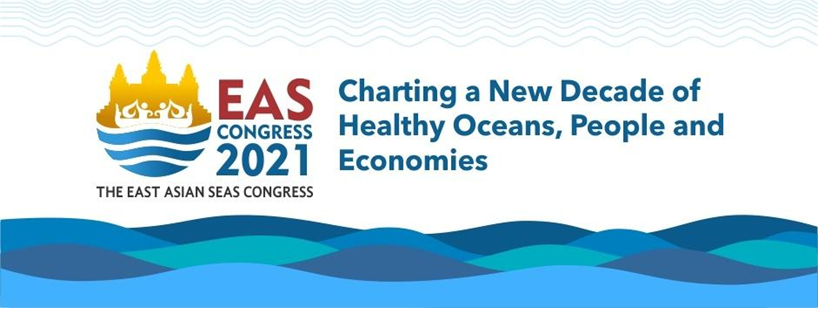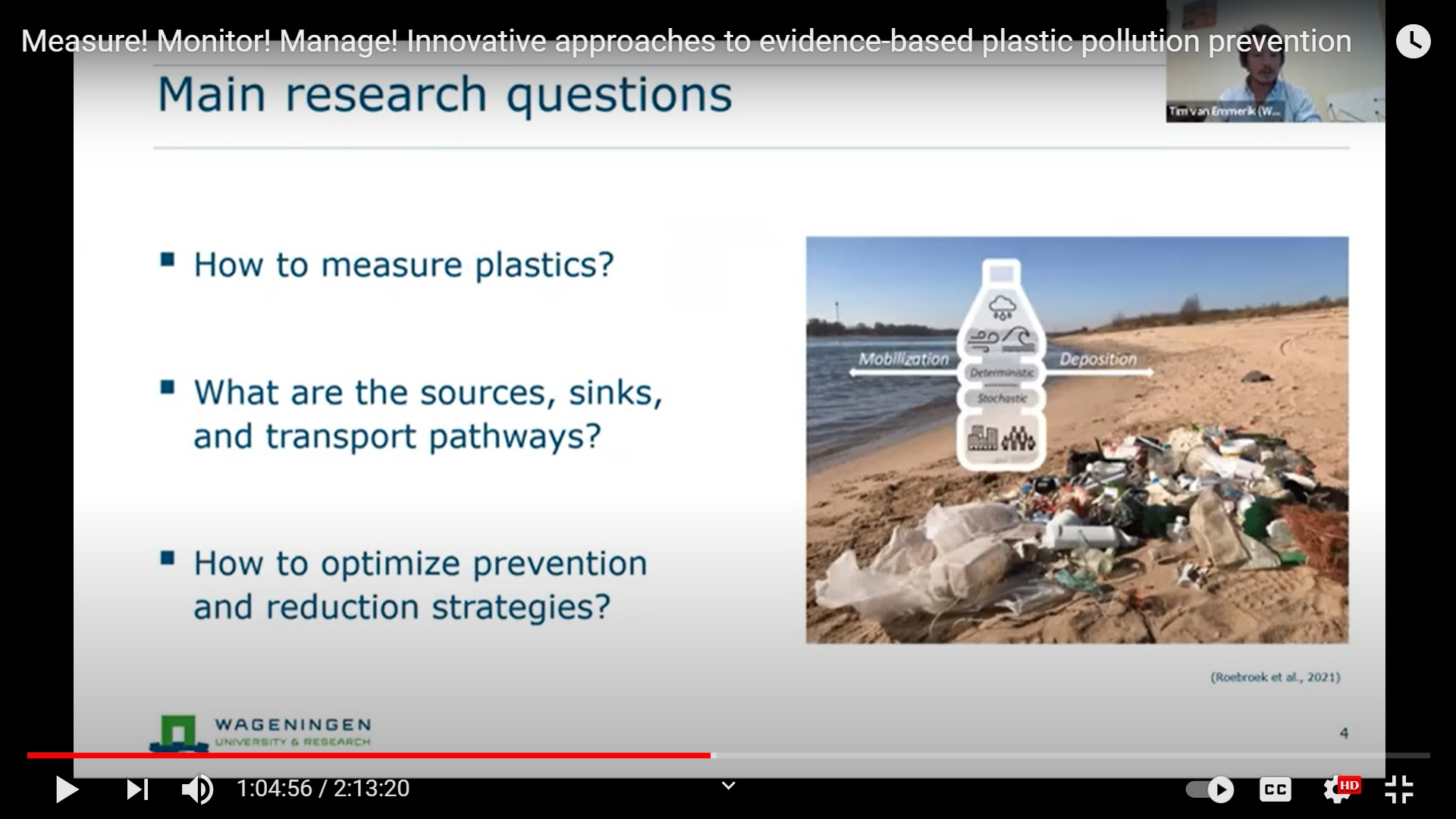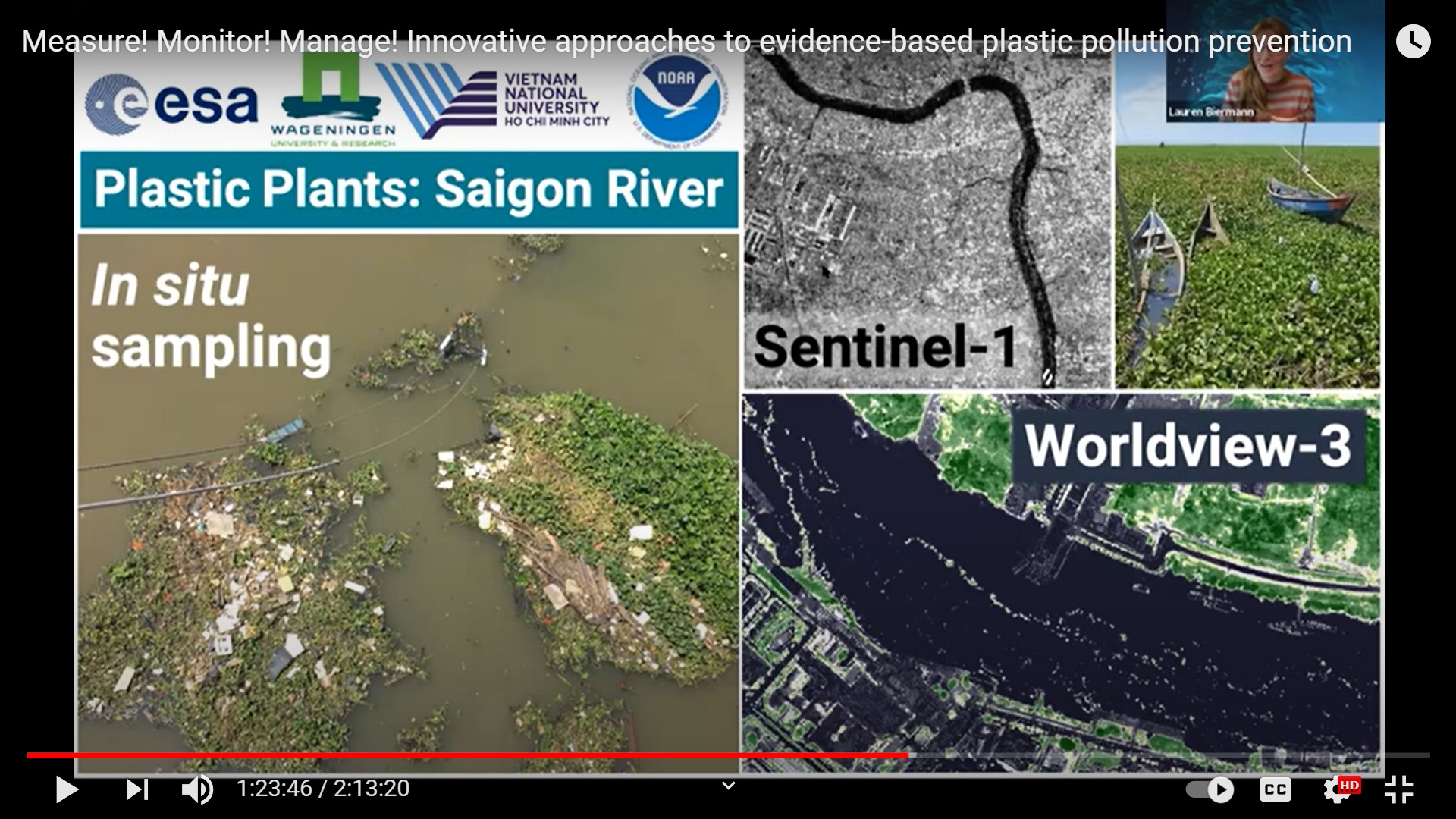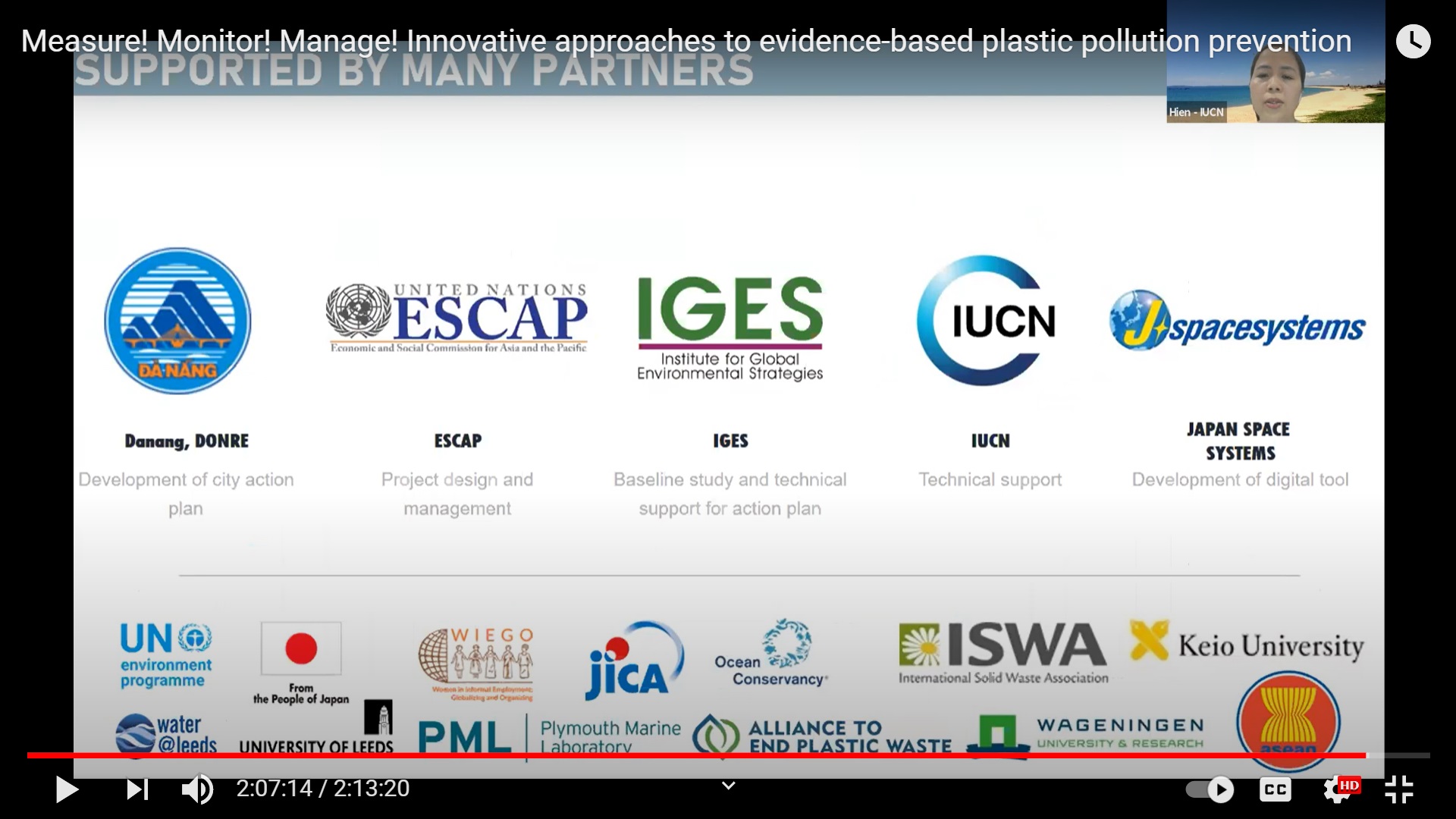| Organizers |
This event has been co-organized by: Plymouth Marine Laboratory (PML), United Kingdom (UK), United Nations Economic and Social Commission for Asia and the Pacific (UNESCAP), Institute for Global Environmental Strategies (IGES), Japan, Wageningen University (WUR), Netherlands and the Viet Nam National University (VNU). |
| Schedule |
Programme: Chair: - Association of Southeast Asian Nations (ASEAN) Secretariat, Dr Vong Sok, Head of Environment Division, Assistant Director of Sustainable Development Director at The ASEAN Secretariat (TBC) (5 min)
Speakers: - High level opening, Government of Japan, Mr. SHIGEMATSU Takayuki, Deputy Director of the Ministry of the Environment Japan (5 min)
- Opening remarks, Melati Wijsen, co-founder of Bye Bye Plastic Bags Bali (5 min)
- Measure – Monitor – Manage: the Closing the Loop approach to plastic pollution, Janet Salem, Closing the Loop Project Manager, United Nations Economic and Social Commission for Asia and the Pacific (ESCAP) (15 min)
- ‘Innovative approaches to measuring and managing marine plastic pollution in cities’, eLearning course overview, Ms. Miho Hayashi, Programme Manager, Institute for Global Environmental Strategies (IGES) (10 min)
- LIVE demo by scientific experts on ‘Detecting Waste from Land and Space' (30 min total)
- Dr Lauren Biermann, Earth Observation Scientist, Plymouth Marine Laboratory, United Kingdom
- Dr.ir. T.H.M. (Tim) van Emmerik, Assistant Professor Hydrologic Sensing, Wageningen University & Research, The Netherlands
- Case study examples from Vietnam (20 min total)
- Management and Research of marine plastic waste in Vietnam, Dr Pham Van Hieu, Deputy Head of Division, Division of Marine Environmental and Ecological Research Vietnam Institute of Seas and Islands (VISI)
- Da Nang City, IUCN, Hien Nguyen (TBC)
BREAK (15 minutes) - Breakout roundtable using an interactive virtual whiteboard approach to gather feedback, identify gaps and ways forward (45 min)
- Plastic pollution on coastlines and oceans (Facilitators: Dr Lauren Biermann, Plymouth Marine Laboratory and Janet Salem, UN ESCAP)
- Plastic pollution in cities and rivers (Facilitator: Dr Tim van Emmerik and Louise Schreyers, both University of Wageningen)
- Policy to tackle plastic pollution (Facilitators: Andrew Charles and Alexander Lee-Emery both of UN ESCAP)
- Plenary/findings from the breakout roundtable (20-25 min; this allows for around 5 min feedback per group and some time for questions)
- Closing remarks by the Chair (5 min)
Breakout rooms: Breakout Room 1: Plastic Pollution on Coastlines and Oceans - What are the key challenges we face measuring and managing marine plastic pollution?
- How can we scale up engagement and action on marine plastic pollution?
- What are the most exciting new innovations and projects to tackle marine plastic pollution in your oceans and coasts?
Breakout Room 2: Plastic Pollutions in Rivers and Cities - 2.1 What are the key challenges we face measuring and managing plastic pollution?
- 2.2 How can we scale up engagement and action on plastic pollution?
- 2.3 What are the most exciting new innovations and projects to tackle plastic pollution in your cities and regions?
Breakout Room 3: Policy to Tackle Plastic Pollution - 3.1 What are the key challenges we face creating policy to prevent plastic pollution?
- 3.2 How can we turn policy into action to reduce plastic pollution?
- 3.3 What are the most exciting policy innovations and projects to tackle plastic pollution in your countries and regions?
|





